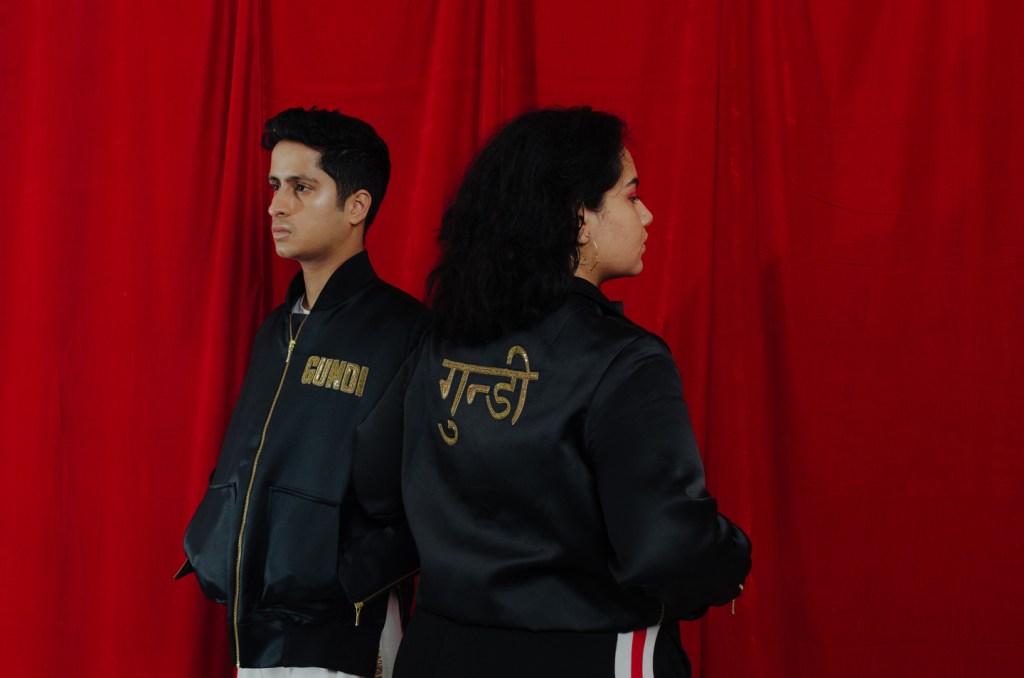Skin-lightening brand Fair & Lovely, which earned more than $500 million in sales just in India last year, announced on June 25 that it would be removing the word ‘fair’ from its products.
In India, years of conditioning and advertising have associated fairness with success, happiness, beauty and status. Fair & Lovely was the first brand to monopolize the societal desire for light skin by turning it into a beauty product.
Videos by VICE
In an effort to have a more inclusive vision towards beauty, the brand that spent 45 years building itself into a household name with a face cream that promised to lighten skin tone is revamping its identity.
The decision comes after the brand’s parent company Unilever faced backlash in light of the Black Lives Matter movement. While Unilever proclaimed it supported an anti-racist stance and donated more than $1 million to the movement, it was called out for its “performative wokeness.” Critics said the brand spent four decades propagating fairness as a beauty standard in South Asia, with most advertisements showing both women and men with darker skin tones being ridiculed or looked down upon.
They’re not the only ones.
South Asian dating and matrimonial website Shaadi.com also announced that it was removing its ‘skin’ filter option, which let users look for those with fair, “wheatish” or dark complexions, after an Indian-American woman named Hetal Lakhani launched a campaign against the website.
“I have personally been called wheatish countless number of times, and it always sounded condescending,” Lakhani told VICE. “In a way, it sounded like I have lost merit because I am not fair.”
Shaadi.com’s statement said that it was taking down the filter as it “was not serving any purpose” and was a “product debris we missed removing.”
On the same day, Johnson & Johnson also announced it would be taking all skin-lightening products off shelves after they were accused of promoting systemic racism. There’s been a global wave of apologies and product revokements, from Aunt Jemima’s 130-year-old stereotypically racial pancake mix to a Chinese toothpaste branded Darkie that featured a grinning man in blackface.
When Indian celebrities, including actors Priyanka Chopra, Disha Patani and Sonam Kapoor spoke up against discrimination on the basis of skin colour, social media users responded by saying they were a part of the problem by endorsing fairness products.
India’s obsession with light skin has supercharged a multibillion-dollar industry of cosmetic creams and invasive procedures like skin bleaching, laser treatments, chemical peels, steroids, and even intravenous injections.
The argument against associating fair skin with beauty began brewing with the proposed push to amend advertising laws and make ads promoting fairness as an ideal a punishable offence. Following this announcement in February, Fair & Lovely reworked marketing campaigns riding on the idea of “fairness,” and substituted it with “glow.”
“Brands know that it is bad business to be antagonizing large segments of vocal consumers who have the power to sway public opinion for or against them,” Karthik Srinivasan, an Indian branding and communications consultant, told VICE.
Many social media users remained skeptical of how much the shift in branding strategies will actually impact behaviour in a society where fairness creams sell more than Coca-Cola and tea.
“There are products that are named even more coarsely, like Vini’s White Tone, among others,” Srinivasan points out. “This shift is largely symbolic of the fact that consumers do have a voice and brands must listen. In terms of product benefits, Hindustan Unilever has a 45-year head-start in convincing us about what it is for, so that is unlikely to be forgotten soon, regardless of what name they give it afresh.”
According to Srinivasan, real change can come from developing role models in multiple spheres including cinema, politics, academics, and sports to not just spout wisdom, but live by a code that shuns skin color-based discrimination.
“The fairness advertising industry should have taken responsibility a long time ago, but regardless, this is a milestone moment,” says Kavitha Emmanuel, the founder of women’s issue NGO Women of Worth. Emmanuel, who launched the ‘Dark is Beautiful’ campaign in 2009 to combat colorism and the offensive stereotypes it encourages, feels the anti-racism movement has been a wakeup call for brands that chose to feign ignorance.
The global skin-lightening market is expected to be a $13.7 billion industry by 2025, with Asia-Pacific accounting for 54.3 percent of that figure, according to a 2019 Grand View Research report.
India’s obsession with fairness isn’t nearly as problematic as the cases of caste and religion-based discrimination that occur.
Emmanuel points out how discrimination on the basis of skin colour is interconnected to other toxic beliefs. “Colorism is inextricably linked to other issues of systemic injustice including racism, classicism and even casteism. It is intraracial and interracial. A dark-skinned person is usually associated with the so-called lower-caste and discriminated against.”
Follow Shamani Joshi on Instagram.




